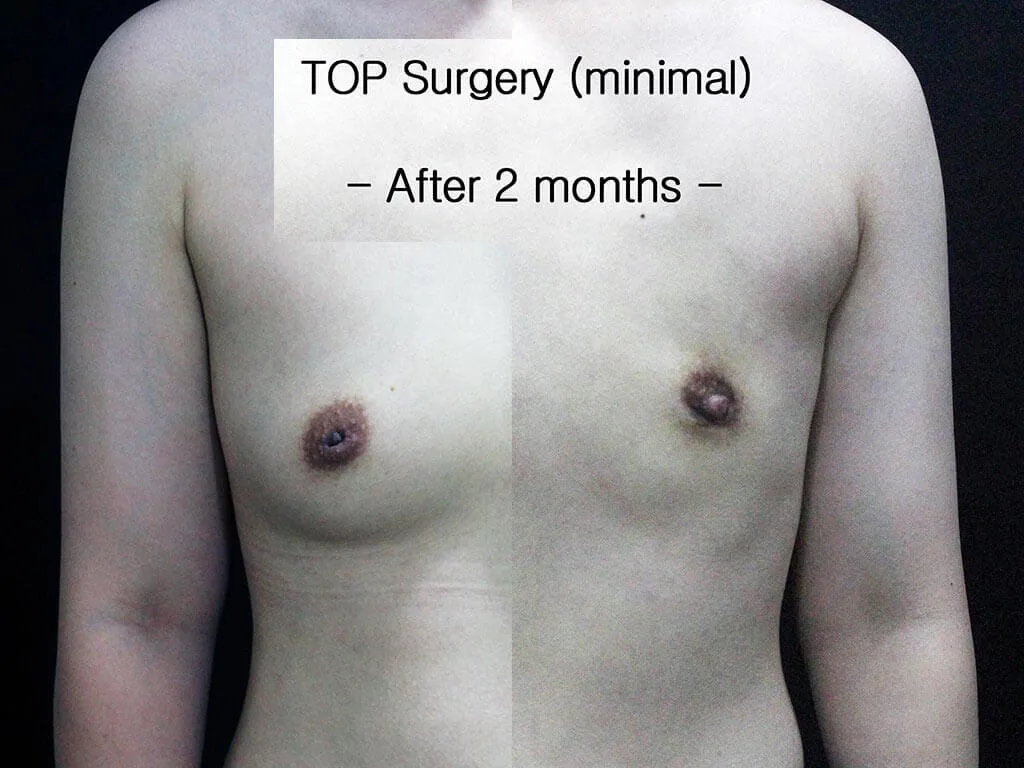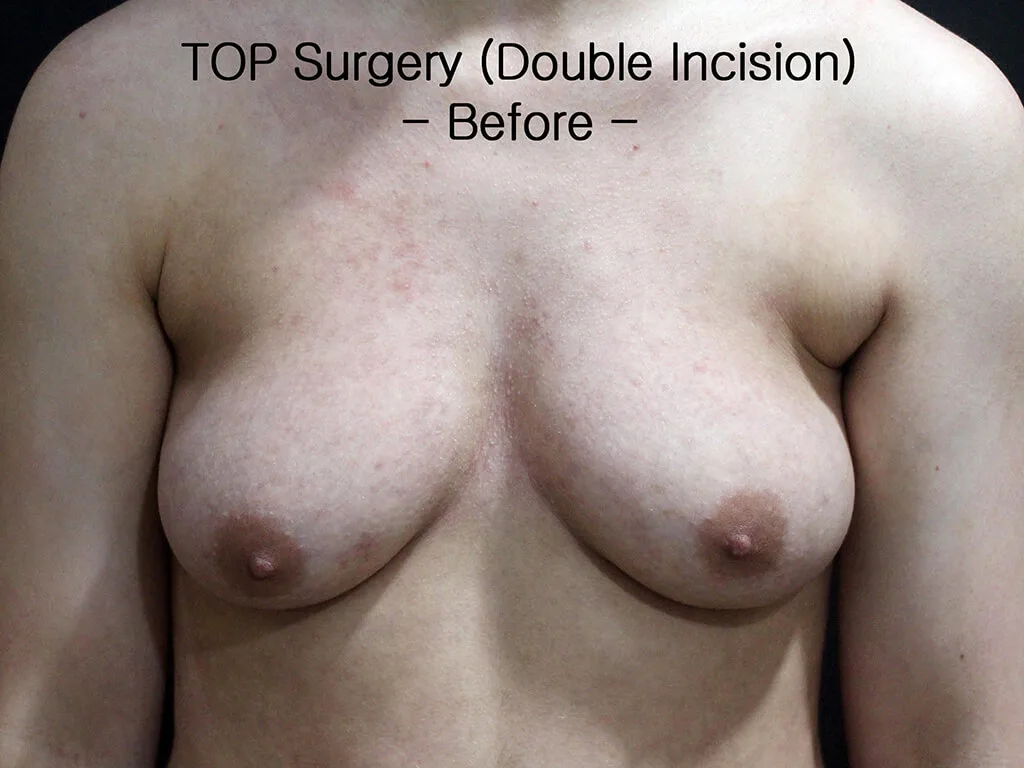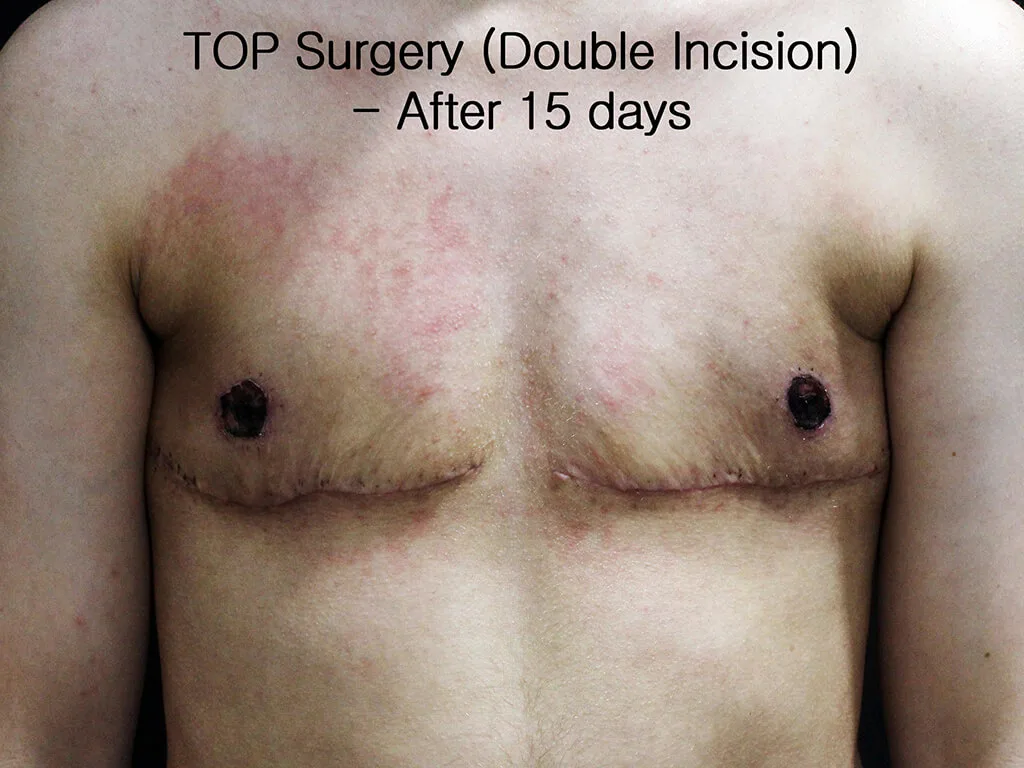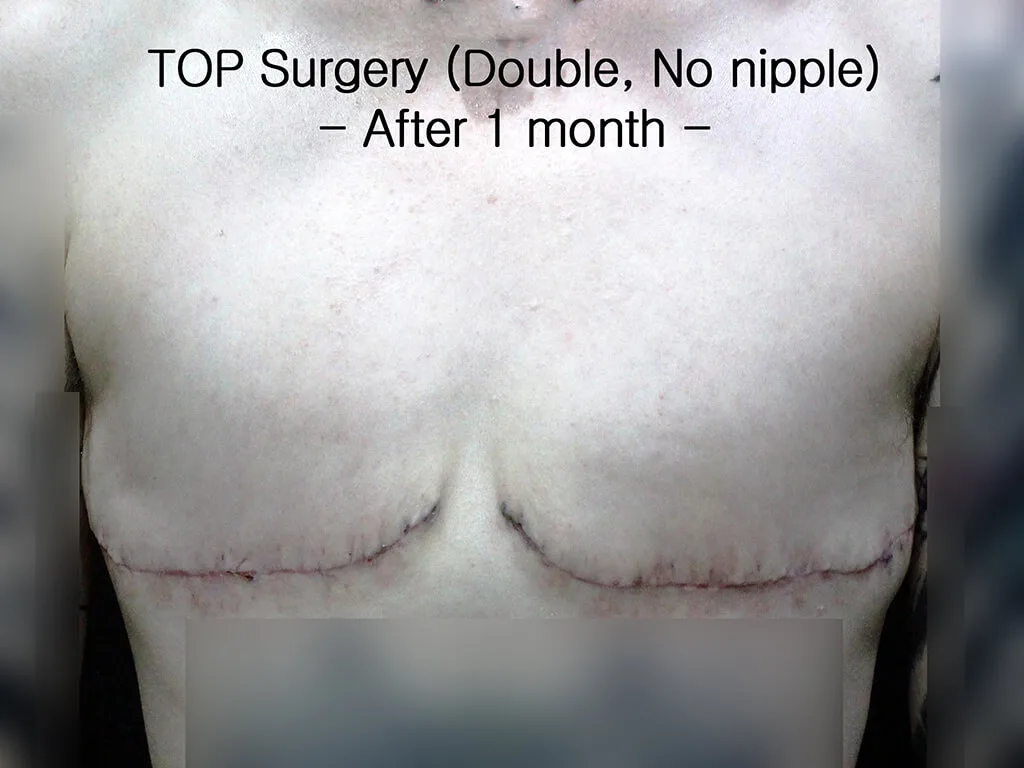Choosing the Right Top Surgery for You
Top surgery is a deeply personal and affirming step in many transgender and non-binary individuals’ journeys.
Choosing between minimal incision and full incision techniques depends on factors like chest size, skin elasticity, and personal goals.
Understanding the benefits and considerations of each method helps you make an informed decision that aligns with your vision for your body.

Comparing Minimal Incision and Full Incision Techniques
| Feature | Minimal Incision | Full Incision |
|---|---|---|
| Best for | A-B cup, good skin elasticity | C cup or larger, significant skin laxity |
| Common Techniques | Periareolar Minimal Incision, Donut Resection | Double Incision, Anchor Resection |
| Scarring | Less visible | More visible |
| Chest Appearance | Natural contour | Flatter, more defined look |
| Recovery Time | ~1 week | 2–3 weeks |
| Nipple Sensation Change | 20–30% reduced | 70–90% reduced |
Step Operation Approach
Dr. Francis Jeon has introduced a technique called the Step Operation, which offers a gradual approach to top surgery for those who prefer it. This method includes:
- First performing a minimal incision procedure.
- Allowing about six months for recovery and pectoral muscle development through exercise.
- Completing the process with a full incision skin resection to refine the chest contour.
This approach can be a good option for those who want to transition to a flatter chest gradually while optimizing their results over time.
Post-Surgery Care & Recovery
Taking care of yourself after surgery is just as important as the procedure itself.
- Compression Garments:
- Minimal Incision: Worn for at least 2 weeks to support healing.
- Full Incision: Worn for 4+ weeks to help with shaping and swelling.
- Returning to Daily Activities:
- Minimal Incision: Most people can resume light activities in 2–3 days.
- Full Incision: More recovery time is needed—expect at least 7 days before returning to non-strenuous activities.
- Drain Management:
- Minimal Incision: 20–30% of patients need drains, usually removed the next day.
- Full Incision: 80–90% of patients require drains, typically removed after 2–3 days.
- Drains help prevent fluid buildup and reduce complications.
A Supportive and Patient-Centered Approach
Dr. Francis Jeon emphasizes: “While factors like breast size and skin elasticity matter in choosing a surgical technique, the most important thing is that every individual feels empowered in their decision. This surgery is about affirming who you are and making the choice that best aligns with your goals.”
Dr. Jeon is also a proud member of WPATH (World Professional Association for Transgender Health), ensuring that all surgical techniques and patient care align with internationally recognized best practices in transgender healthcare.


Making the Best Choice for You

Choosing the right top surgery method is a highly personal decision.
Working with an experienced and affirming surgeon, understanding your options, and considering your long-term goals will help ensure the best outcome.
Regardless of the technique you choose, top surgery is a powerful and affirming step toward feeling more at home in your body.
If you’re thinking about top surgery and want guidance on the best option for you, consider scheduling a consultation with a board-certified surgeon who understands your needs and goals.

